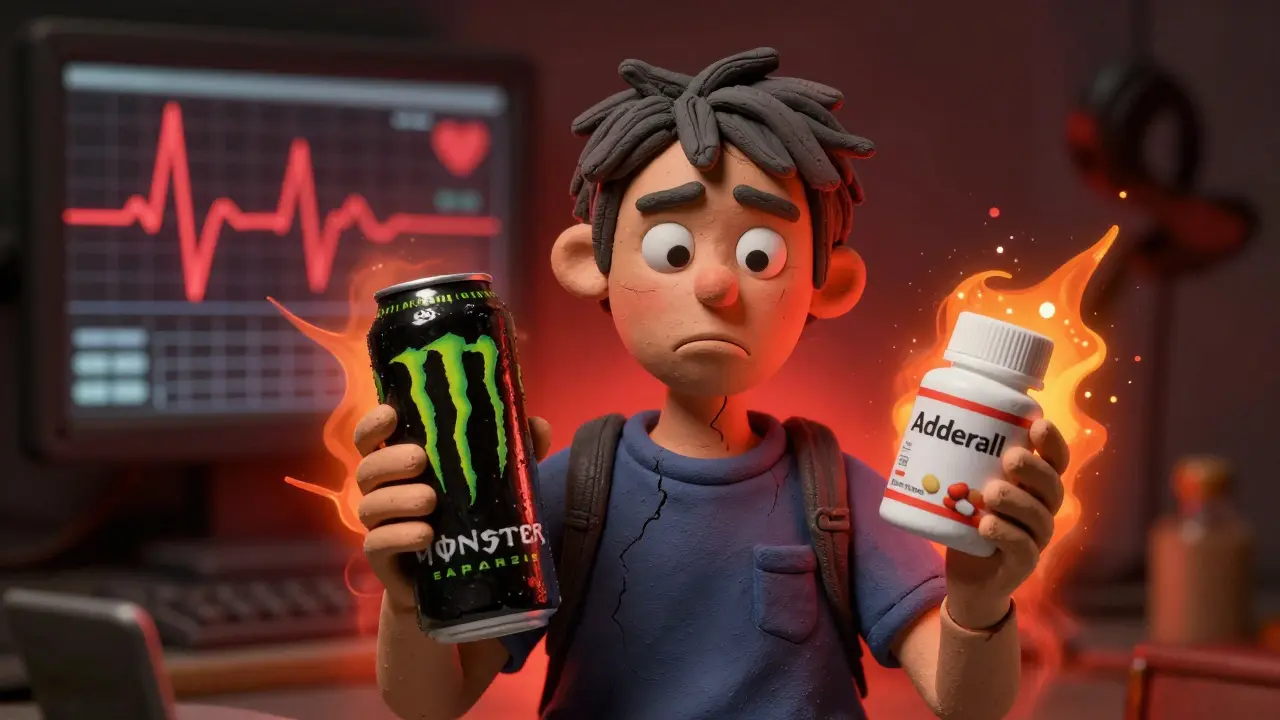Ever wonder why doctors keep asking for two numbers at every check‑up? Those digits tell you how hard your heart is working and how healthy your arteries are. If they’re too high, you’re looking at a higher risk of heart attacks, strokes, and kidney problems. If they’re too low, you might feel dizzy or faint. Knowing what’s normal and what to do about it can save you from a lot of headaches.
Systolic pressure (the top number) measures the force when your heart squeezes blood into the arteries. Diastolic pressure (the bottom number) measures the pressure when your heart rests between beats. A reading below 120/80 mmHg is generally considered normal. Anything 130/80 or higher starts to raise red flags for hypertension, the medical term for high blood pressure.
Why do these numbers creep up? A mix of genetics, diet, stress, sleep, and activity level. Too much sodium, sugary drinks, or a sedentary lifestyle can push the numbers up fast. Even a few nights of poor sleep can give them a spike.
First, cut down on salty foods. Swap processed snacks for fresh fruits, veggies, and nuts. Adding potassium‑rich foods like bananas or spinach helps your body balance out sodium.
Second, move a little more. You don’t need a marathon; a brisk 30‑minute walk most days does the trick. It relaxes blood vessels, making it easier for blood to flow.
Third, watch your weight. Even a modest loss of 5‑10 % can drop systolic pressure by 5‑10 mmHg. Think of it as a simple trade‑off: fewer calories now for a healthier heart later.
Fourth, manage stress. Deep breathing, meditation, or a hobby you love can calm the nervous system, which in turn lowers pressure. Try the 4‑7‑8 breathing technique: inhale for 4 seconds, hold for 7, exhale for 8.
If lifestyle tweaks aren’t enough, medication may be needed. One common drug for high blood pressure and an enlarged prostate is Hytrin (terazosin). It works by relaxing the muscles around blood vessels, easing blood flow, and also helps with urinary symptoms. Always talk to a doctor before starting any pill, because dosages and side effects vary.
Other meds you might hear about include ACE inhibitors, beta‑blockers, and diuretics. Each targets a different part of the blood‑pressure system. Your doctor will pick the one that fits your health profile.
When should you call a professional? If you consistently see readings above 140/90 mmHg, or you experience headaches, blurred vision, or chest pain, seek medical advice right away. Home monitors are handy, but a proper check‑up gives the full picture.
Bottom line: blood pressure isn’t something you just tolerate—it’s a signal you can act on. Simple swaps in food, a bit more movement, and stress‑busting habits can make a big dent in those numbers. If those changes fall short, modern medicines like Hytrin are there to help, but they’re most effective when paired with a healthier lifestyle.
Take a moment today to check your numbers, note any patterns, and start one small change. Your heart will thank you for years to come.

Mixing energy drinks with stimulant medications like Adderall or Ritalin can dangerously raise blood pressure and heart rate, increasing the risk of heart attacks and arrhythmias-even in young, healthy people. Here's what you need to know.
Jan 4 2026
Menu